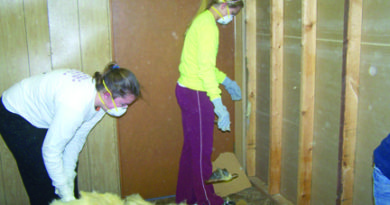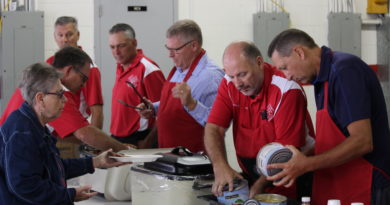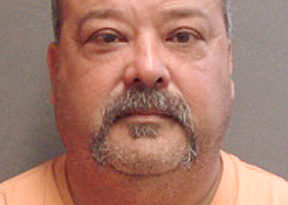Co-op results in win/win
Tax Increment Financing, or TIF, is a public financing method that is used for subsidizing redevelopment, infrastructure, and other community-improvement projects. TIF is a method to use future gains in taxes to subsidize current improvements, which are projected to create the conditions for these gains. The completion of a public project often results in an increase in the value of surrounding real estate, which generates additional tax revenue. Sales-tax revenue may also increase, and jobs may be added, although these factors and their multipliers usually do not influence the structure of TIF.
When an increase in site value and private investment generates an increase in tax revenues, it is the “tax increment.” Tax Increment Financing dedicates tax increments within a certain defined district to finance the debt that is issued to pay for the project. TIF is often designed to channel funding toward improvements in distressed, underdeveloped, or underutilized parts of a jurisdiction where development might otherwise not occur. TIF creates funding for public or private projects by borrowing against the future increase in these property-tax revenues.
Tax Increment Financing allows economic development in cooperative project between private business and city.
MetalQuest owner Scott Harms is expanding his business, expanding his workforce and expanding his sewer system. “Currently we have a septic tank,” he said during a Hebron City Council meeting earlier this year. “Once we hire more people, it won’t be big enough.” Which explains why Harms was at the meeting. “I’d like to tie into the city’s sewer system.”
MetalQuest is located on U.S. 81 directly across the highway from city property tagged for a community center and other development. But before those improvements can be made, infrastructure such as power, water, and sewer need to be put in. The vacant land would make a much more convenient place for Harms to “hook on” to the city system, but since the City’s sewer doesn’t extend to the vacant lot, the connection would need to be made on the developed land where Highway 81 Express, Subway and the Express Wash car wash are located.
And that explains why the city leaders perked up when Harms made his request. Would it be possible to get both jobs done at the same time; expand MetalQuest and improve the vacant lot?
Turns out the answer was yes, and all it took was a handshake and some TIF funding. Tax Increment Financing, or TIF, is a public financing method that is used for subsidizing redevelopment, infrastructure, and other community-improvement projects.
“It’s a win/win situation,” said council president Larry Fangmeier. “Scott expands his business and we (the city) get improved land.”
Harms, who has already started construction of a $1.5 million addition to his plant, and the City expects the MetalQuest expansion to improve the value of Harms’ property by approximately $855,000. The result is an estimated additional annual property tax of $16,845.
His expansion also means more jobs, one of the top priorities of any good economic development plan. “We (Hebron) really can’t lose,” Fangmeier said.
The City intends to secure a $200,000 TIF loan through Thayer County Bank to pay for the project. The resulting increase in property tax revenue, or the tax increment, will make the loan payment.
When Harms approached the City in April the new line which will run underneath U.S. 81, was expected to cost approximately $50,000; however, further investigation revealed the pipes would need to be sleeved thereby tripling the cost, which explains the $200,000 loan. Any extra funds left over will be used for TIF required expenditures outside the buildings such as improvements to the building facade, any dirt work, or parking lot improvements.




